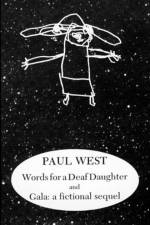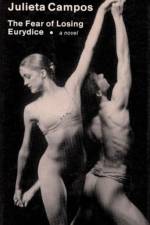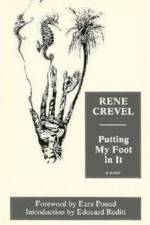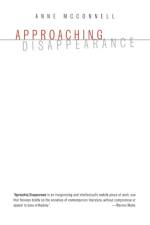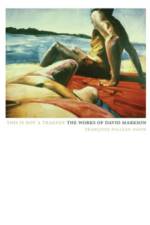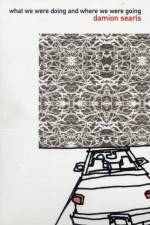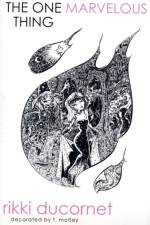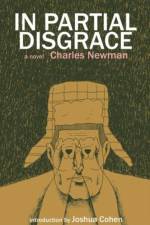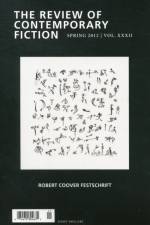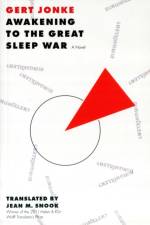av Rene Crevel
129,-
Imagine, if you can, Freud and Proust sitting down for a chat with Zippy the Pinhead and the marquis de Sade. Then, just when things are starting to get a bit silly, in walks Karl Marx with a dead serious face to deliver a vitriolic diatribe. After he has finished his speech, Jacques Lacan enters and slips a couch under the narrator, who begins psychoanalyzing himself and his text. Zippy soon prevails, however, and the narrative has turned into a political allegory with characters out of Felix the Cat: a surrealist, graphic (historiographic, geographic, pornographic) version of The Romance of the Rose. Rene Crevel's 1933 novel Putting My Foot in It (Les Pieds dans le plat) has long been considered a classic of the surrealist period, but has never been translated into English until now. Loosely structured around a luncheon attended by thirteen guests, the novel is a surrealistic critique of the intellectual corruption of post-World War I France, especially the capitalist bourgeoisie and its supporter, the Catholic Church. The novel begins with an account of the family of the major character, known as the "Prince of Journalists." This bizarre family - the grandparents a soldier and a sodomized woman, the parents an orphaned epileptic and a hunchback - is matched by Crevel's bizarre syntax and vocabulary: nouns that initially appear legitimate, intact, and respectable, soon decompose into obscene epithets, making other nouns, both common and proper, suspect. The story continues in this way to deconstruct itself on many levels - literary, semantic, psychological, ideological - until the final chapter, when the luncheon degenerates in a way reminiscent of a Bunuel film and all of the novel'scharacters appear in a dirty movie entitled The Geography Lesson, a final metaphor for the corruption of European society between the world wars. This edition also reprints Ezra Pound's well-known essay on Crevel as a foreword, and includes an introduction by Edouard Roditi, who

